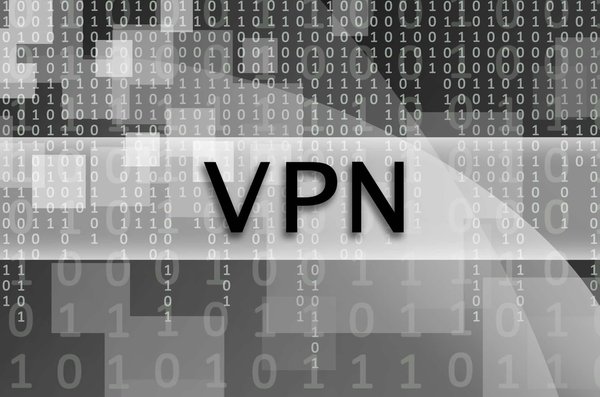Every time Internet users log on, they leave behind a lot of personal information that can end up in the wrong hands. In a context where the notion of privacy is increasingly blurred, finding a way to preserve anonymity is a dream shared by many Internet users. Here's a closer look at three of the best solutions of the moment.
Use a VPN
A VPN (Virtual Private Network) is an essential tool for making yourself invisible on the Internet. It works like a secure tunnel, encrypting your data and masking your IP address when you connect to the Internet. This means that your Internet traffic passes through an intermediate VPN server. This makes it impossible for third parties, such as your ISP or the websites you visit, to track your activities. Learn more about how these tools work with a specialized article shedding some light on the subject.
Browsing in private mode
Most web browsers offer a private browsing mode, also known as incognito mode or private browsing. This mode prevents your browser from storing your browsing history, cookies and form data.
That said, it should be pointed out that private browsing mode does not mask your IP address or protect you from web trackers. The VPN solution is therefore far more effective than this one.
Use an alternative search engine
Popular search engines such as Google and Bing collect a lot of data about your searches. This includes your IP address, your search keywords and the pages you visit. This data is then used to target you with personalized advertising.
If you want to avoid this type of tracking, you can use an alternative search engine, such as DuckDuckGo or Startpage. These have the particularity of not collecting any personal data on the various searches you carry out... Interesting!
